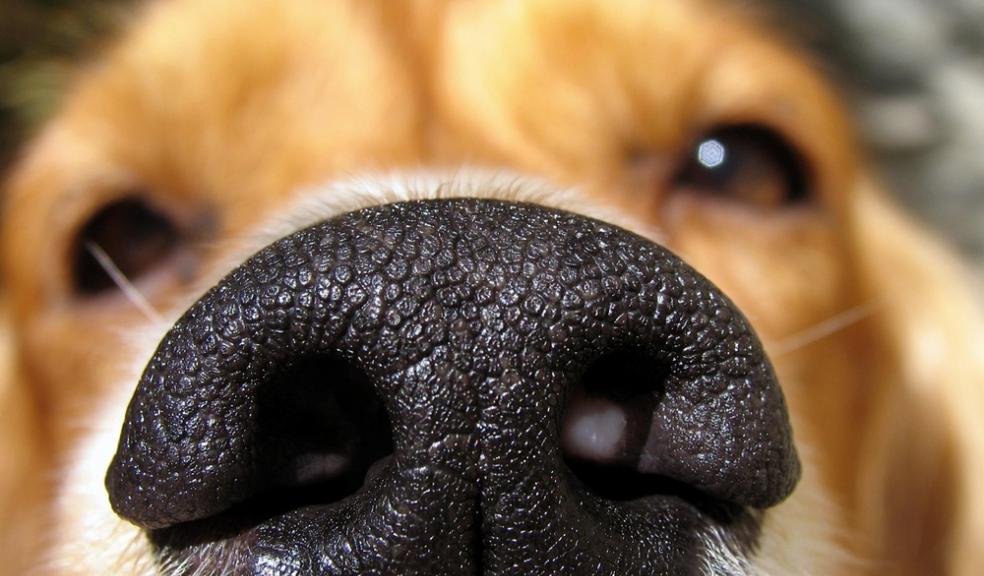
Why yuletide could be ‘drooltide’ for your dog
NFU Mutual, the UK’s leading rural insurer, is urging owners to put certain foods on the ‘naughty list’ for their dogs this year. Christmas is well known as a time of excess for humans but, according to the insurer, pet dogs are also prone to eating too much during the festive period and sometimes, what they choose to eat could have serious health implications and end-up in an emergency visit to the vet.
NFU Mutual warns that claims for dogs who have eaten weird or poisonous items take on a distinctly seasonal flavour as Christmas approaches and reflect the type of foods traditionally consumed and remedies for seasonal illnesses and excesses as Nicki Whittaker, a Rural Affairs Specialist for the insurer explains:
“Britain is a nation of chocoholics and Christmas is one time of year where there will be no shortage of chocolate in the average household. Unfortunately, chocolate contains a stimulant called theobromine (a bit like caffeine) that is poisonous to dogs if eaten. Sadly, no one seems to have told our canine companions that chocolate is on the naughty list and it is not uncommon for dogs to tuck into bars of chocolate or entire chocolate cakes if given the chance.
“Also on the ‘naughty list’ for dogs are raisins – a key staple of Christmas cuisine – so items such as mince pies, Christmas puddings, stollen and panettone should all be kept away from peckish pooches as the chemical compounds in grapes and raisins can cause rapid kidney failure.”
According to the insurer, dogs eating toxic substances or swallowing foreign objects is not just reserved for the festive season. In 2014, the average vet’s bill for dogs who had eaten the wrong thing was £642 and included claims for dogs who had eaten a variety of things: from rat poison and socks through to a whole sponge or their owner’s medication.
As well as being a time of excess, Christmas is also a time for seasonal colds and flu (not to mention the festive hangover). Painkillers such as paracetamol and ibuprofen are commonly used to alleviate symptoms in humans but can be toxic for dogs if eaten in large doses.
“Every year, we handle a number of claims for dogs who have eaten human medication,” Whittaker continues, “the most common culprits being paracetamol and ibuprofen. It’s also not unusual for dogs to eat their owner’s prescription medication and also medication meant for other animals in the family such as cats and horses.
“Christmas is a busy time of year and your home will be full of weird and wonderful foods and objects your dog doesn’t normally encounter (not to mention guests). No-one wants to spend the festive season making an emergency visit to the vet so it’s worth taking a few precautions to ensure that your four-legged friend doesn’t turn Christmas day into a dog’s dinner.”
NFU Mutual’s Naughty List for dogs this Christmas
- Chocolate
- Anything that is full of currants, raisins or sultanas – so mince pies, christmas cake, stollen and panettone are all off the menu
- Bones - especially turkey, chicken and goose bones
- Grapes
- Alcohol
- Christmas plants and flowers such as poinsettias, amaryllis, mistletoe and holly
- Macadamia nuts
- Onions and garlic (commonly found in stuffing)












